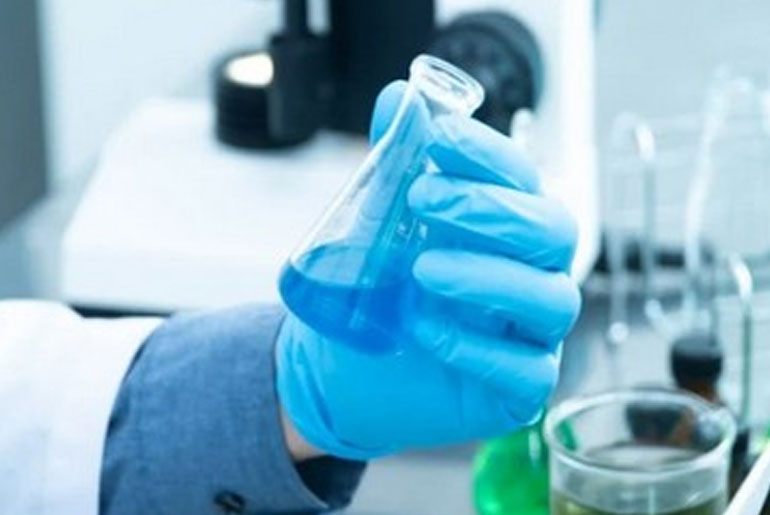Researchers have developed a pioneering antibody-based therapy with significant potential to treat various cancers. This new antibody, with its “3-in-1” design, combines three functions that work together to enhance the body’s immune response against cancer cells. This innovative approach represents a new frontier in precision medicine and personalized immunotherapy, allowing for a highly targeted and efficient treatment strategy.
How the 3-in-1 Antibody Works:
The antibody developed by the researchers integrates three critical functionalities that collectively activate and strengthen the immune system against cancer cells. This method involves:
- Targeting Cancer Cells: The antibody specifically binds to cancer cells by recognizing mutations and genetic changes, called neoantigens, that are unique to tumor cells.
- Drug Delivery: Once bound to the cancer cell, the antibody directly delivers a drug “package” to the immune cells that are responsible for destroying the tumor, ensuring that the therapeutic agents reach their intended targets effectively.
- Immune System Activation: Simultaneously, the antibody stimulates specific immune cells, particularly T cells, which are key players in the immune system’s response to tumors.
By delivering the drug directly to these cells and activating them, the treatment enhances the T-cell response, leading to a more robust attack on the cancer cells.
Precision Medicine and Targeting CD40 Protein:
The antibody’s design builds upon 15 years of research in precision medicine and the immune system, particularly focusing on influencing a key immune protein called CD40. This protein plays an essential role in coordinating the immune response. By targeting CD40, the antibody method precisely activates immune cells that can detect and fight cancer cells, making it a powerful tool in the fight against cancer.
Efficacy and Safety in Studies
The efficacy of the new antibody method has been demonstrated in both laboratory and animal studies. In tests with human blood samples, the antibody effectively activated the targeted immune cells. Furthermore, in animal models, mice treated with this method exhibited prolonged survival, and higher doses of the antibody were even able to eliminate cancer, resulting in complete cancer remission in some cases. Notably, the antibody treatment also showed a better safety profile than previous cancer therapies studied by the researchers, suggesting it could be a safer option for patients.
Scalable and Cost-Effective Production
One of the significant advantages of this antibody-based treatment is its scalability and adaptability for different types of cancer. The treatment comprises two main components:
- A bispecific antibody: This component targets the cancer cells and can be produced in large quantities in advance, making it readily available for a variety of cancers.
- A custom peptide part: This component can be rapidly synthesized in small amounts specific to each patient’s type of cancer, allowing for a tailored approach. The peptide portion can be adjusted to target new tumors quickly, facilitating a faster turnaround from diagnosis to treatment.
By combining these components, the drug is both affordable to produce and easily adaptable, potentially increasing accessibility and availability for cancer patients.
Future Steps and Clinical Trials
Having shown promising results in lab studies and animal trials, the researchers aim to advance the antibody therapy to the next stage. They plan to complete the optimized production process and then conduct additional safety studies. Following this, clinical trials in humans will be initiated to evaluate the treatment’s efficacy and safety in cancer patients.
This new antibody technology holds promise for a more flexible, rapid, and safer cancer treatment approach than those currently available. By leveraging the immune system to selectively target cancer cells, it represents a significant advancement in personalized immunotherapy, potentially offering a faster and more accessible treatment option for patients diagnosed with cancer.
Disclaimer:
The information contained in this article is for educational and informational purposes only and is not intended as a health advice. We would ask you to consult a qualified professional or medical expert to gain additional knowledge before you choose to consume any product or perform any exercise.








1 Comment
Fine way oof describing, and fastidious ppiece off wtiting tto get information concerning mmy presentation subject, which i am
going to preesent iin college.